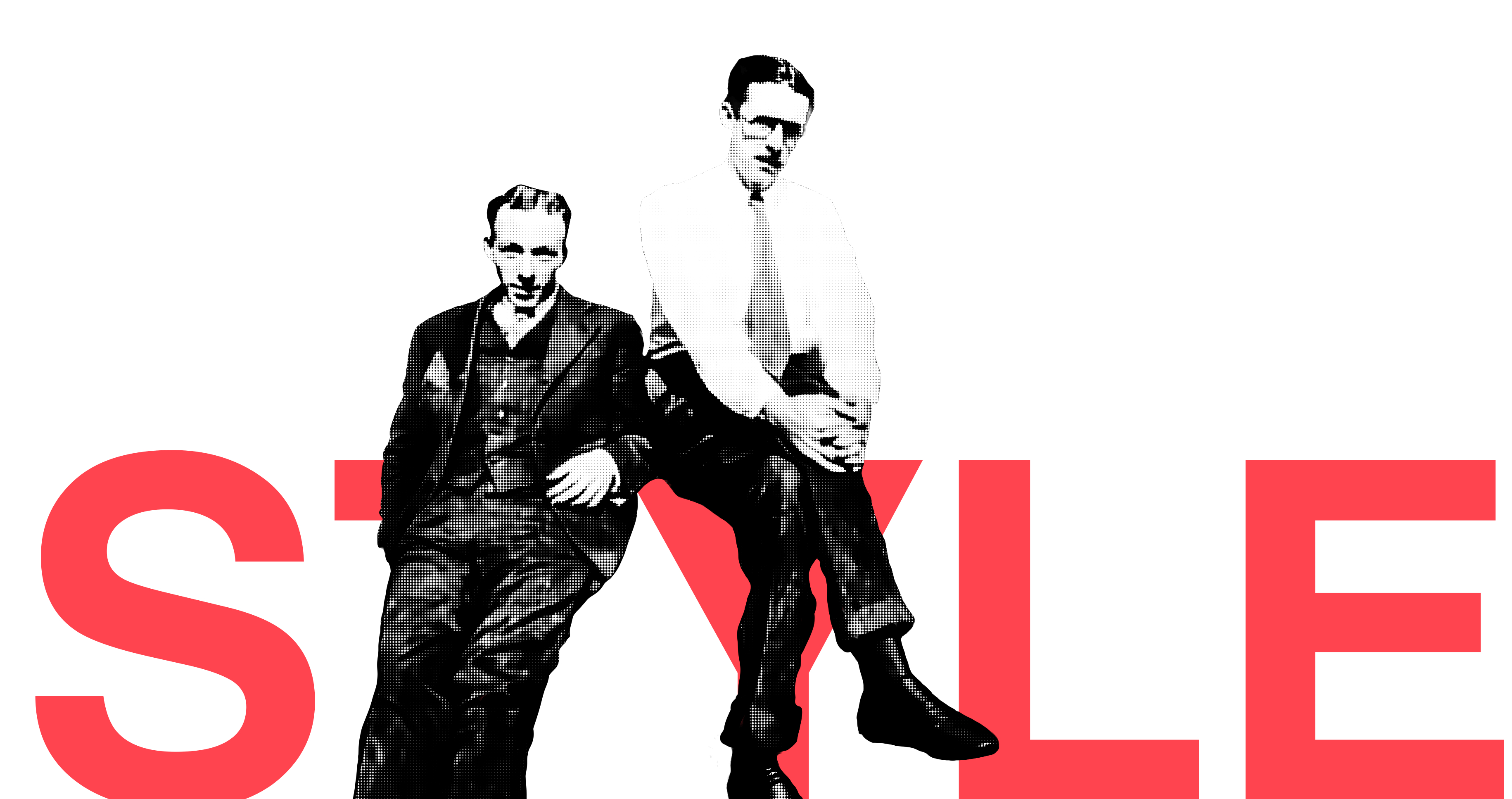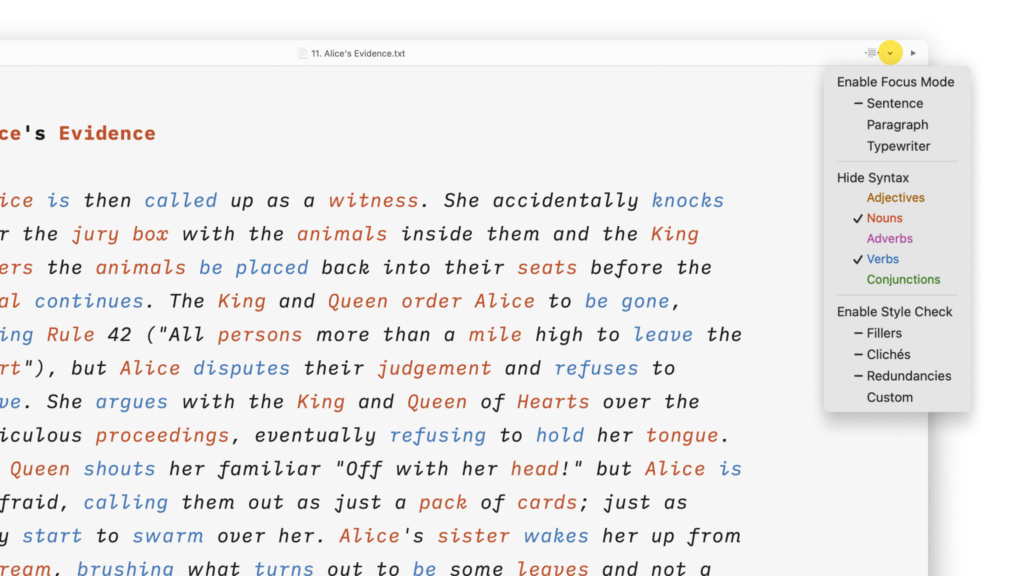In a time when writing advice is often reduced to lists of do’s and don’ts, it’s refreshing to return to Karl Philipp Moritz’s Lectures on Style. His reflections remind us that style is not a product of memorized rules, but of trained thought.
Writing well demands clarity, focus, and the ability to form judgment—not by following prescriptions, but by practicing the art of choosing the right expression for the right idea. In the following excerpt, Moritz explains why true writing instruction must begin with thinking, not formatting. His insights offer not just stylistic guidance, but a deeper lesson in practical logic, applicable far beyond the page.
Preface to Lectures on Style, by Karl Philipp Moritz
Knowing a lot of rules will not help us to write well. While we are writing we do not have the time to first run through an index of rules and become clearly conscious of precisely which rule fits our current case.
Rather, in each and every case, we have to be able to form our own rule from a main principle. A useful guide to improve our writing style should not overwhelm our memory with useless rules. It should sharpen the mind, and encourage us to practice our own thinking. This way, we learn to safely measure and choose the best expression for the right thought.
An appropriate instruction to a good way of writing does not have to overwhelm the memory with useless rules. Instead, it should sharpen the mind. A useful instruction to a good way of writing will inevitably contain an instruction to a right way of thinking, an instruction to a somewhat practical logic.
Expression can only form itself with thought. The gift of making yourself clear can only grow through the power of thinking and its development. I cannot even speak about a good way of writing if I do not first pay attention to the right way of thinking. A beautiful and true expression needs to be preceded by the right thought. From the thought alone I can judge the quality of the expression.
What is supposed to be beautifully said, requires to be beautifully thought beforehand; otherwise it will become but empty bombast and wordplay that deceives us.
These lectures primarily aim at putting the previous sentence appropriately into light, to explain it by examples, and thus, as it were, to render it obvious.
When we compare a general statement with lots of specific examples, we repeatedly convince ourselves of its truth in various ways. By repeatedly comparing a sentence with its reality, the feeling sharpens that we also learned to practically apply it ourselves. And all of this happens without us realizing the exercise we were engaging in.
We can not at the same time express ourselves with ease and warmth and consciously follow a set of writing rules. If we first direct our thoughts to measure our expression according to such a set of rules, compulsion and dryness will prevail in every line, as we will inevitably lose the interest for what we want to say.
The subject we write about must always take the first place in our mind; the rule according to which we write must, as it were, only lie in the background of the powers guiding the thought, and not interfere with the lively predominant ideas, if these are not to be disturbed and weakened by it.
How is this possible? We cannot know unless we discover and experience its reality through exercise and practice. Initially, the exercise consists in comparing the thought with the expression through frequent individual examples; we learn to test the thought through the example and vice versa. Furthermore, we exercise our skills through the attempt to choose the best expression for our own thoughts by giving exact respect to whether after they are clothed in words, they still appear to be the same as when they were still dark in the depth of our minds.
These lectures should contain a practical instruction on how to achieve such skills. Among the examples from the most excellent writers, which have been developed here in consideration of thought and expression, conscious and careful consideration has been given to poetical beauty. Poetical beauty defines the highest measure for a good way of writing. Those who feel the sublime of a poetic beauty intimately and truthfully will express themselves with more interest and liveliness than those who have no poetic sense at all, no matter the size or significance of what they write about. –
Now, a lively expression is generally beautiful, and even the driest business can become interesting and important depending on how they are run. Therefore, our expression does not need to be poetic at all – it merely retains the liveliness and interest from the field of poetry, as it excludes the imagination with its suggestive dreams.
Without order and certainty, however, liveliness and interest, cannot take place. A disorder of thoughts and vagueness of expression inevitably weaken our attention and distract from the main object of interest.
The liveliness of expression is based precisely on the ability to order one’s thoughts with more speed than usual, and not get confused so easily when looking at the bigger picture. It is this talent, highly evolved, that a poet who wants to interest us must possess. And in order to always keep an overview of the whole in the most intricate business – which often could not more strangely intertwine the poetry itself — the businessman must try to learn this art from the poet and interpret it in his own way.
Business style writing as opposed to what one understands by the beautiful and delicate way of writing, are therefore not as immensely far apart as we may sometimes think. As we dress our thoughts with words and try to direct our reader’s attention, the most insignificant essay, just as the most sublime poem succeeds through both a natural expression and a comprehensive overview of the subject at hand.
Translated from Moritz, Karl Philipp: Vorlesungen über den Styl. 1





